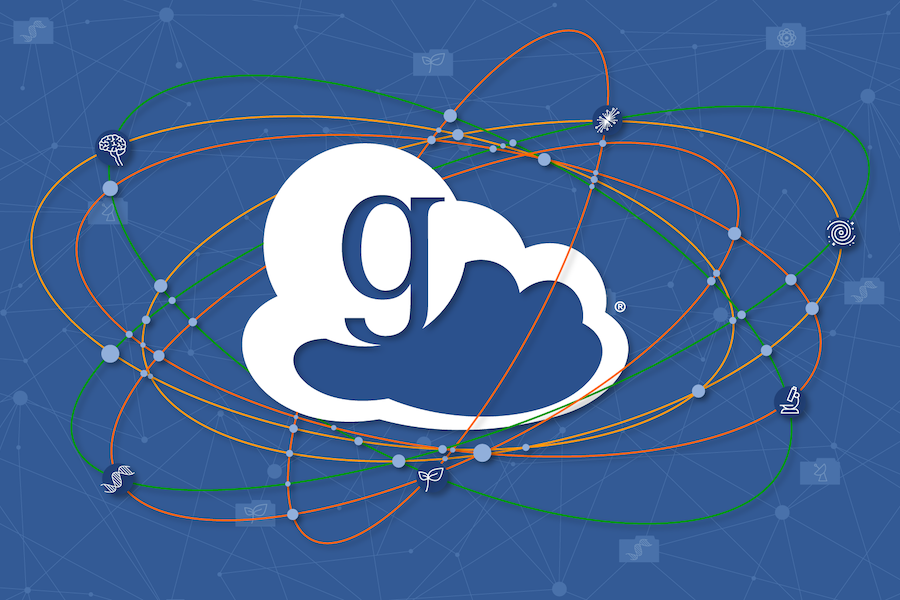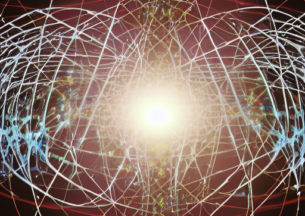Globus Celebrates Ten Years of Connecting the Research Universe

This year marks the tenth anniversary of Globus, which launched at SC10 as the “Globus Online” service to connect researchers and make large-scale data transfer accessible to any researcher with an Internet connection and a laptop. It would have been difficult to predict back then that Globus would become an essential service for over 150,000 thousand researchers around the world. Users in 80 countries have moved over one exabyte of data and 100 billion files, and the service has evolved into a platform that enables universities, national laboratories, government facilities, and commercial organizations to securely manage data throughout the research lifecycle.
Globus, a research data management platform developed and operated by the University of Chicago, has been instrumental in enabling many scientific breakthroughs that have literally changed the world. Fast, reliable, file transfer was an important component of the infrastructure that supported discovery of the Higgs boson. Often referred to as the “God particle”, the Higgs boson is a critical piece of the Standard Model that defines our current understanding of the laws of nature. Globus was an important building block in the Large Hadron Collider Computing Grid, used to process the data that identified the Higgs boson.
Another of the many scientific facilities that depend on Globus transfer capabilities is IceCube, the world’s largest neutrino detector. The IceCube detector has enabled scientists for the first time to trace the origins of a ghostly subatomic particle (the neutrino) that traveled 3.7 billion light-years to earth. IceCube uses Globus to move and archive data between Madison, Wisconsin, NERSC in California, and DESY in Berlin.
In 2015, Globus file sharing and transfer was used in the groundbreaking LIGO project, which pioneered the use of GPU-accelerated deep learning for real-time discovery of gravitational waves. Scientists running numerical relativity simulations on the Blue Waters supercomputer at NCSA used Globus to manage data which led to the detection of gravitational waves from black holes. This discovery resulted from a world-wide collaboration among thousands of researchers that proved Albert Einstein’s century-old prediction that gravitational waves exist, and marked the beginning of a new era of gravitational wave astronomy.
Furthermore, Globus is not just used by physical scientists, but across numerous disciplines, including those that require handling of protected or restricted data. For example, researchers worldwide have used Globus extensively in the search for COVID therapeutics. Globus services have been central to numerous projects, from determining the structure of key SARS-CoV-2 proteins to computing properties of billions of small druglike molecules. In fact, many core facilities—sequencing centers, cryoEM, fMRI, and others—rely on Globus for data access by, and distribution to, all their users.
Globus has been recognized over the years for these and many other contributions to research and scholarship. In 2012 Globus received the R&D 100 Award as one of the top technologies of the year, and the HPCwire Editor’s Choice award for best HPC Storage Product or Technology. In 2015 Globus was voted the best end-user focused data-intensive system by HPCwire. In 2018 Globus received the HPCwire Editor’s choice award, together with NSF’s IceCube Observatory, PSC, SDSC, Stanford University, and XSEDE, for finding first evidence of a high-energy cosmic neutrino source to pinpoint the origin of cosmic rays. In 2019 Globus was named Best Use of HPC in Physical Sciences by HPCwire readers for a research project involving three of the largest cosmological simulations to date using Hardware/Hybrid Accelerated Cosmology Code (HACC). This year Globus has been nominated yet again by HPCwire for the NIH-led consortium comprising the Human Biomolecular Atlas Program (HubMAP), which just released 3D anatomical data and genetic sequences of healthy tissues from seven organ types.
Dr. Ian Foster, Globus co-founder, Arthur Holly Compton Distinguished Service Professor of Computer Science at UChicago, and director of Argonne’s Data Science and Learning Division remarks,
“As I look back at all the scientific achievements that Globus has helped to enable, I am tremendously proud of both the amazing efforts of the Globus team and the support we receive from the thousands of institutions that trust us to manage their most valuable data assets. What really excites me are the opportunities that lie ahead as scientists innovate at an ever increasing pace and collaborate across disciplines to make the next remarkable discoveries. Data are key to all that. The best is yet to come.”
For more Globus user stories please visit https://www.globus.org/user-stories.
This story was written by Susan Tussy and originally appeared on the Globus website.












